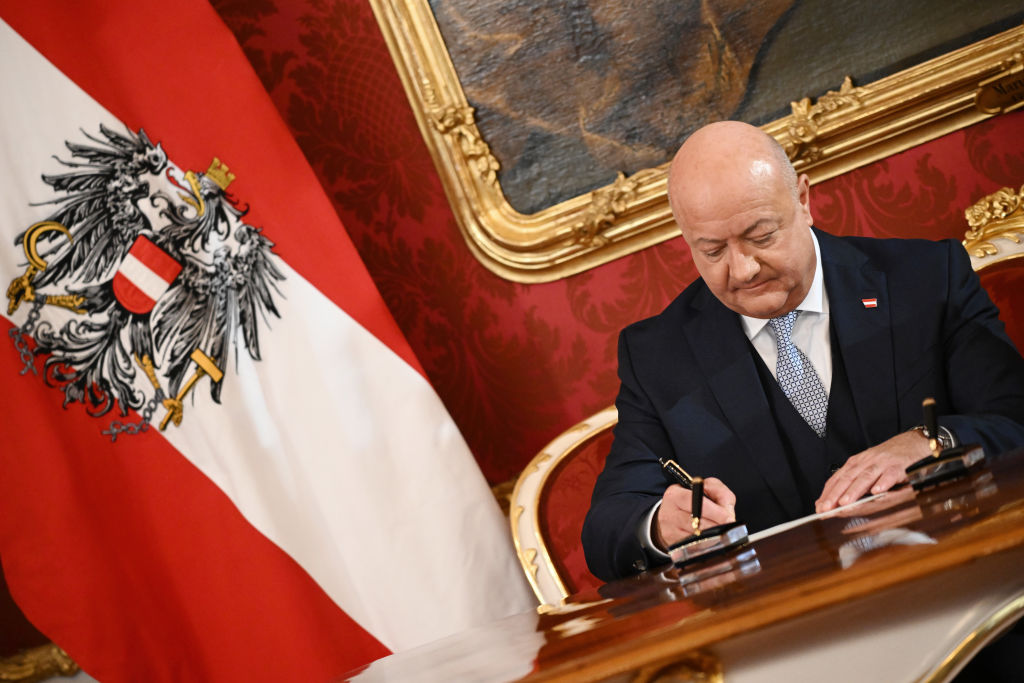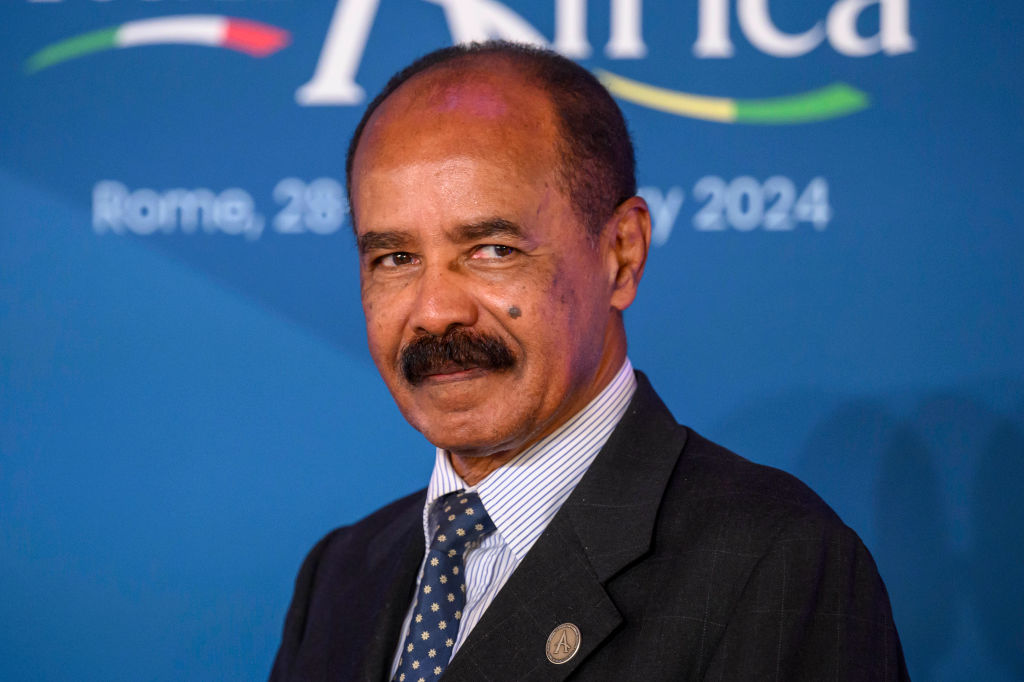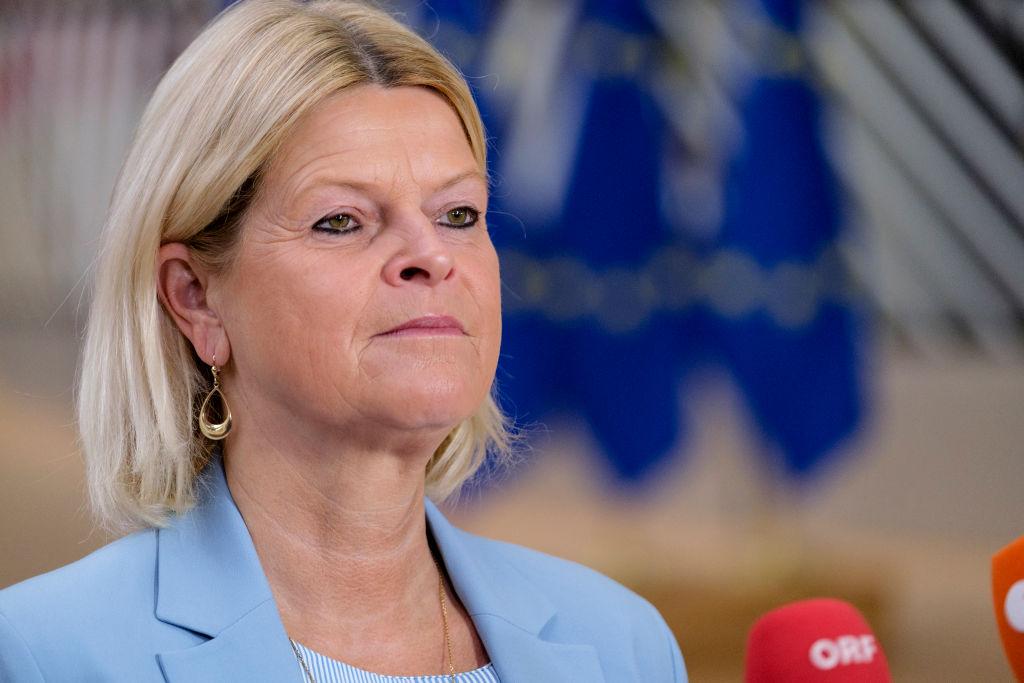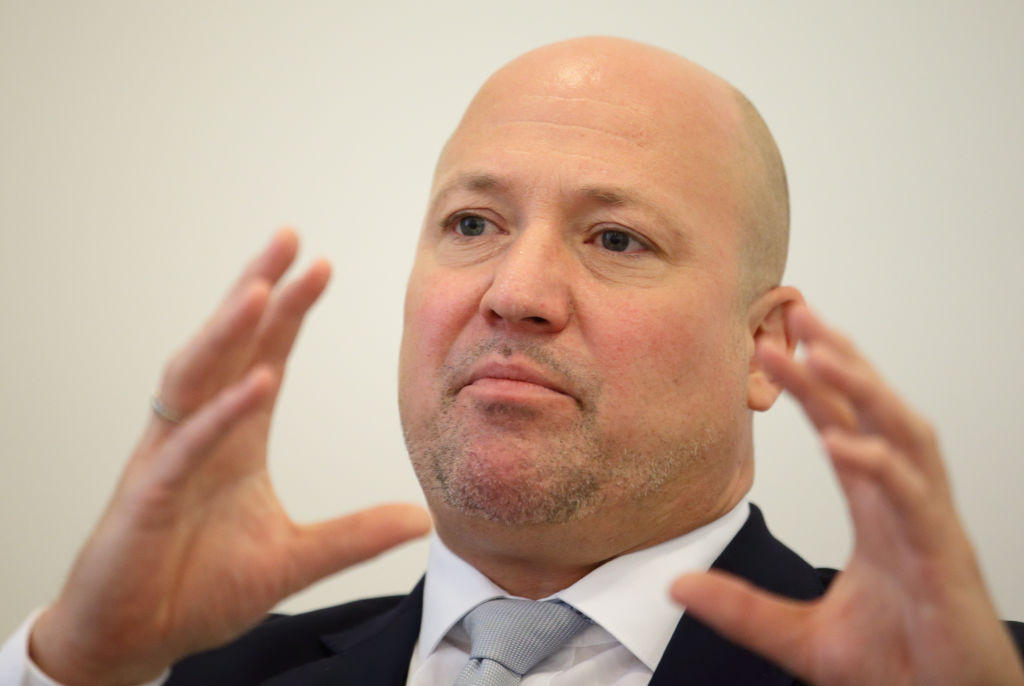Austria’s new government has decided to halt family reunification for asylum seekers.
On March 26 the council of ministers voted in favour of a law that would allow government to temporarily suspend the right for registered refugees to fly in family members from their country of origin to Austria.
The law will be put to parliament in April where it is expected to pass with the votes of the ruling three-party coalition of Conservatives (ÖVP), Social Democratic Party (SPÖ) and Liberals (Neos). The suspension of family reunification could then take effect starting in May 2025.
From then on refugees will still be able to apply for family reunification but their applications will not be processed.
Previously, the government had informed the European Commission of its intentions on March 5. The right to family reunification is inscribed in the European Union’s Family Reunification Directive.
Austria’s leadership argued that the country’s social system was overly burdened by asylum seekers. “We are at the end of our tether here and that is why we are pressing the stop button,” integration minister Claudia Plakolm said after the council meeting.
Austria’s school system is under particular stress due to high number of illiterate refugees, Plakolm continued.
There have been several worrying reports from schools, especially in the capital of Vienna.
According to the Austrian Integration Fund, 52 per cent of pupils in Vienna did not speak German as their first language, with the number reaching almost 75 per cent in some districts.
In a survey by a Vienna teachers’ union, one-in-two teachers reported that more than half their students could not understand or speak German sufficiently.
The government, though, has stepped back from ending family reunification indefinitely – as promised by the ÖVP during its campaign ahead of the September 2024 election. The break has been introduced only temporarily and is set to expire in September, 2026.
The right-wing Freedom Party (FPÖ) has accused the government of creating only the illusion of stemming the flow of refugees.
“The trick of delaying the processing time for applications for family reunification will have no effect whatsoever,” said FPÖ general secretary Michael Schnedlitz on March 26.
As the law was set to expire at the end of September, 2026, there would also be a new wave of immigration up to that time, when all the applications will have to be processed, Schnedlitz continued.
Moreover, he said, according to the new law, reunifications might still take place during the suspension if they were “imperative” under the right to private and family life of the European Convention of Human Rights – a loophole Schnedlitz forecast would be widely used.





